
DID YOU KNOW?
NOT WELCOME
In 1910, Winston Churchill sent the British Army to Tonypandy, south Wales, to quell unrest stemming from a miners' strike. His actions made him unpopular in the area for decades; as late as 1950, he was forced to address the issue while visiting Cardiff.
A takes some beating. Deacon was charged with reading the riot act to a vast crowd of strikers that had descended on the area around St George's Hall in central Liverpool. His words were, in effect, the authorities' last-minute bid to persuade the demonstrators to disperse and return to their homes peacefully.
The crowd, however, was in no mood to listen - perhaps 80,000 of them had taken to the streets in support of what was being described as the "Great Transport Workers' Strike". What followed was one of the most violent episodes in the history of British industrial relations.
No sooner had Deacon addressed his restive audience than fighting broke out between police and the protesters. As members of the Warwickshire Regiment stood by waiting for the order to go into action, mounted police waded into the crowd. By the end of the day, hundreds required treatment for their injuries.
Two days later, things got even worse. When protesters threw bricks at vans carrying strikers to prison, soldiers guarding the convoy opened fire, killing two men. It was a bloody end to a strike that truly shocked the nation. Yet it was far from an anomaly.
GRINDING TO A HALT
This story is from the {{IssueName}} edition of {{MagazineName}}.
Start your 7-day Magzter GOLD free trial to access thousands of curated premium stories, and 9,000+ magazines and newspapers.
Already a subscriber ? Sign In
This story is from the {{IssueName}} edition of {{MagazineName}}.
Start your 7-day Magzter GOLD free trial to access thousands of curated premium stories, and 9,000+ magazines and newspapers.
Already a subscriber? Sign In
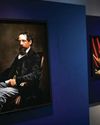
'Dickens's evocation of the fears, excitement and confusion of childhood is peerless'
DR LEE JACKSON ON WHY CHARLES DICKENS REMAINS RELEVANT TODAY
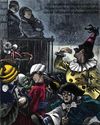
THE AUTHOR GOES ABROAD
Dickens expanded his horizons and boosted his fan-base by venturing overseas - but global fame came with a cost
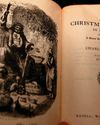
REVIVING THE FESTIVE SPIRIT
A Christmas Carol wasn't just a bestseller - it changed the way that Britons chose to mark the festive season
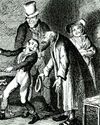
GIVING THE POOR A VOICE
From Hard Times to Oliver Twist, Charles Dickens used his pen to help illuminate the lives of the less fortunate
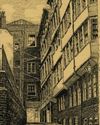
A JOURNEY THROUGH DICKENS'S LONDON
The works of Charles Dickens are synonymous with visions of Victorian London. We talk to Dr Lee Jackson about the author's love of the capital, and the locations that most inspired him
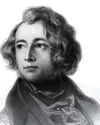
EXCEEDING EXPECTATIONS
Dr Lee Jackson chronicles Charles Dickens's journey from down-at-luck teenager to titan of Victorian literature
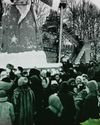
GIFTS, TREES & FEASTING
We take a journey through the photo archives to reveal how Christmas and its many traditions have been celebrated over the years - and around the world
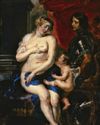
WHAT GREAT PAINTINGS SAY
We explore the story behind an allegorical painting that celebrates the triumph of love over hate, peace over war
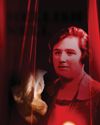
HELLISH NELL
Malcolm Gaskill delves into the life of Helen Duncan - the fraudulent Scottish medium whose ectoplasm-filled seances saw her ending up on the wrong side of the law
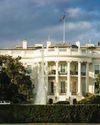
7 THINGS YOU (PROBABLY) DIDN'T KNOW ABOUT THE WHITE HOUSE
Presidential historian Dr Lindsay M Chervinsky reveals some of the most surprising facts about the world-famous US residence